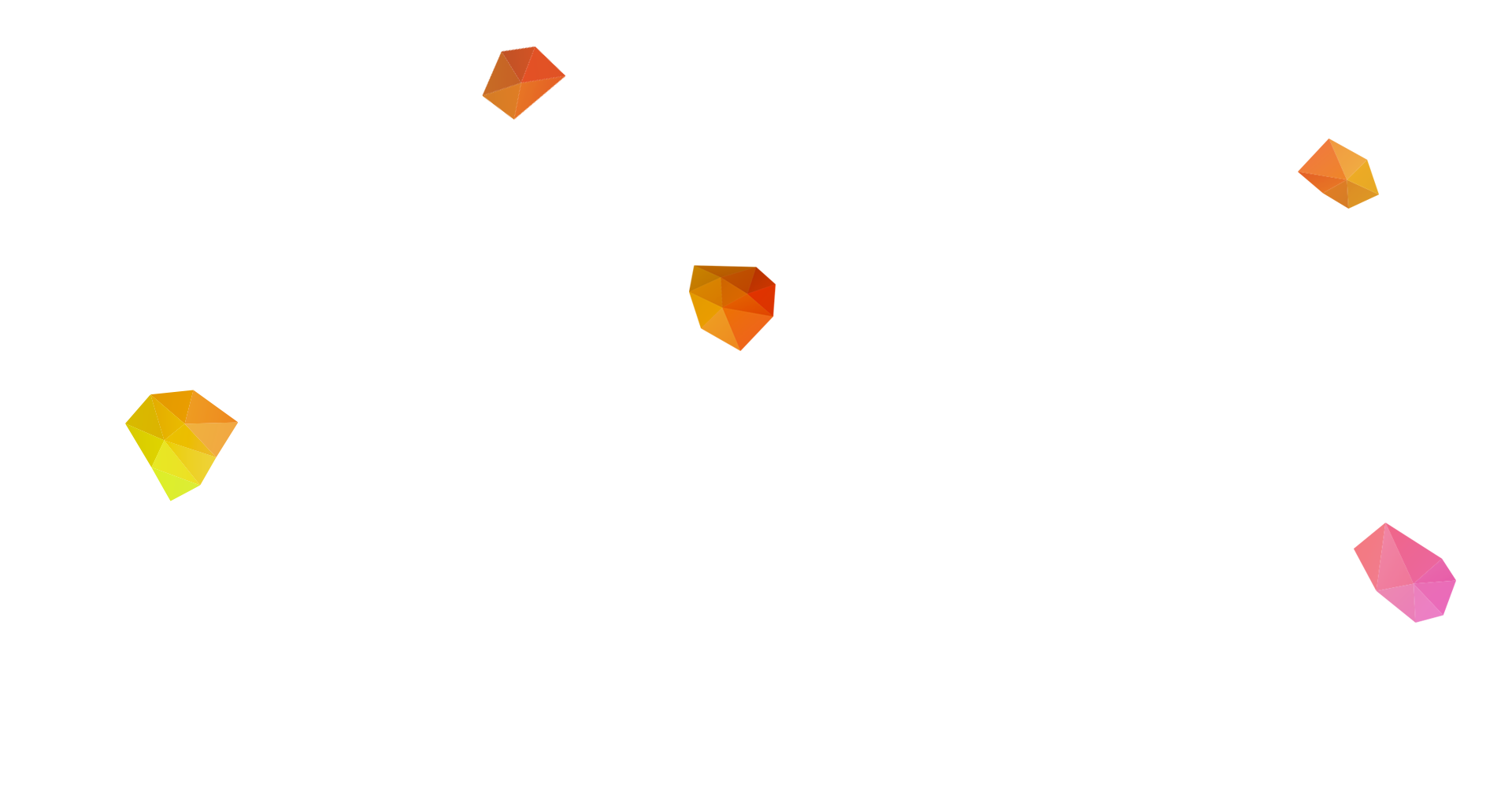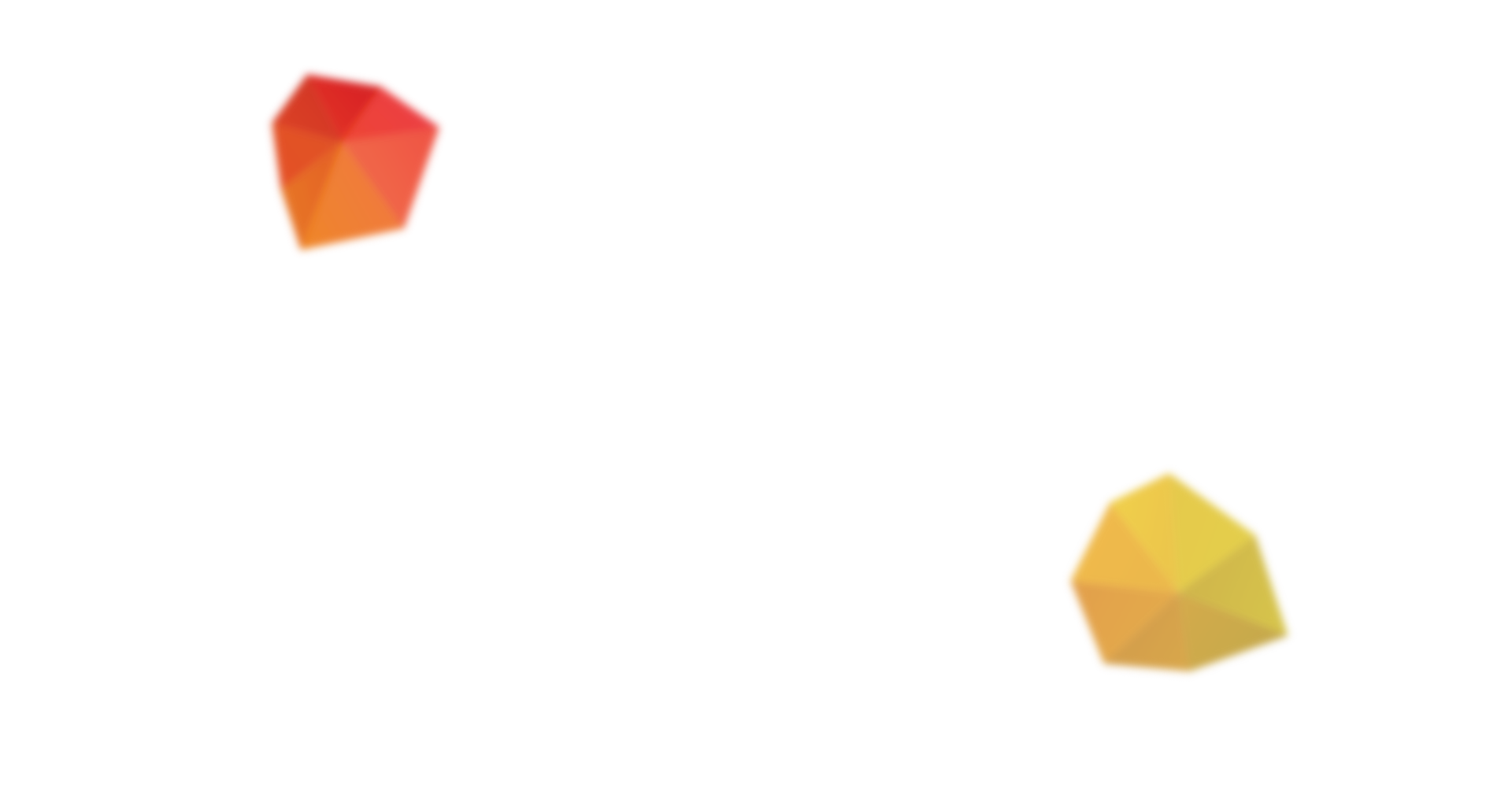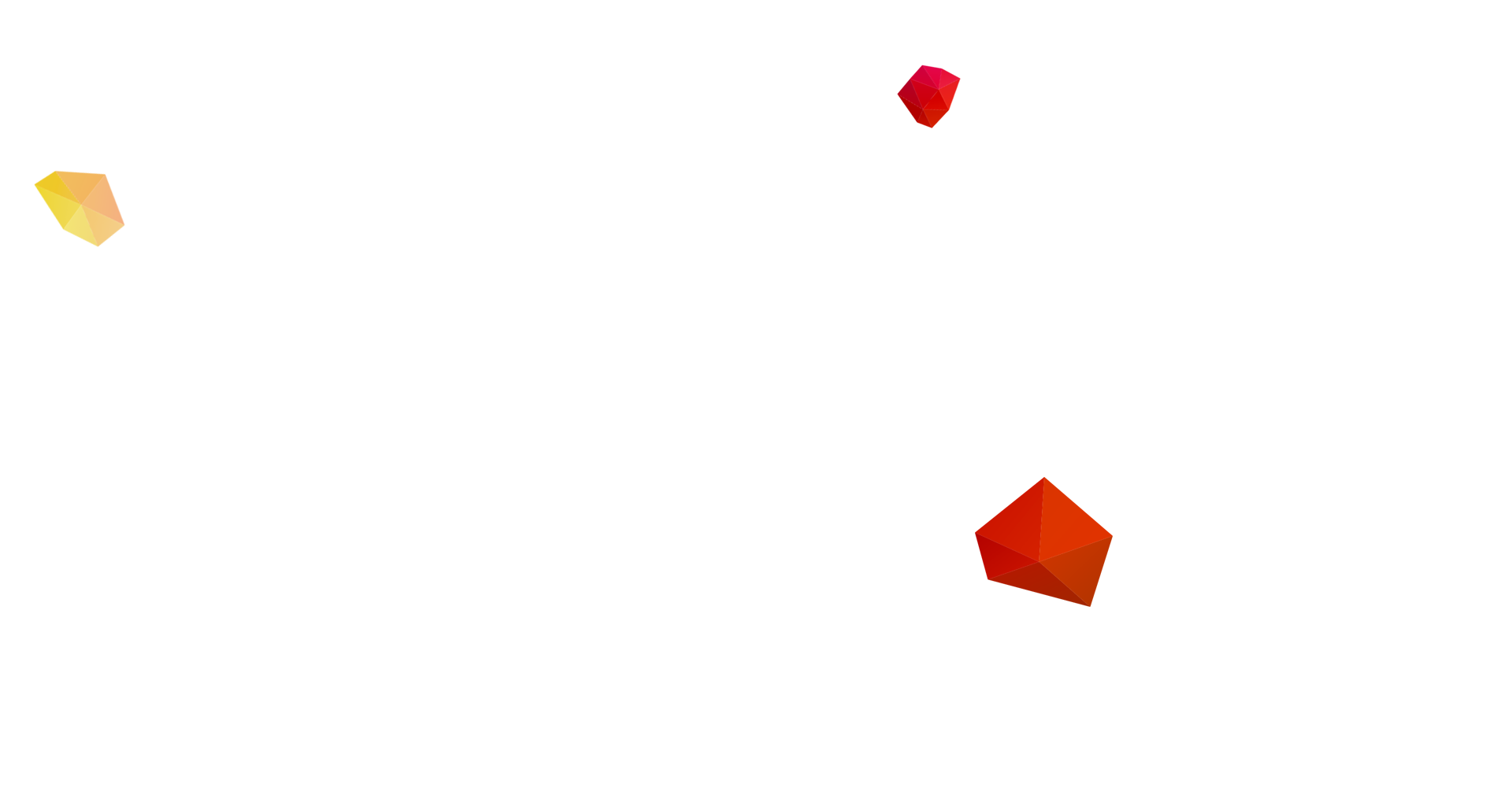What it is & How it works
Find all the information you need hereWhat it is - How it came out
Structured Dialogue - giving voice to Europe's youth!But let us start from the beginning. In the past, youth and decision makers had separate discussions on the same issues without any channels of communication between them. At the same time, youth had no say on the topics, interests and policies that directly affected them. Fortunately, in 2009, after the hard and determined work of youth and their organisations, Ministers of Youth of EU member states adopted the European Council Resolution on a renewed Framework for European Cooperation in the field of Youth.
With this, member states agreed that “the structured dialogue (currently EU Youth Dialogue) with young people and youth organisations, which serves as a forum for continuous joint reflection on the priorities, implementation and follow-up of European cooperation in the youth field, should be pursued and developed”.
This gave birth to Structured Dialogue (currently EU Youth Dialogue) marking the dawn of a new age in youth policy and youth participation in politics as this process allows the voice of youth to be heard and guarantees a seat for them at the discussion table.





How does it work
Structured Dialogue - giving voice to Europe's youth!Τhis process is organized in 18-month long work cycles corresponding to a TRIO team Presidency of the Council of the EU. This TRIO Presidency focuses on one general topic for 18 months. For instance, past Cycles focused on Youth Employment, Social Inclusion, Participation and many other important youth related topics. These 18 month long cycles are divided in three six month phases under each country presidency.
But how does it work I hear you ask! Well it’s simple! Firstly the European Steering Committee (which is made up by the European Youth Forum, the European Commission, the National Youth Council and national authorities of the TRIO Team Presidency) decides the questions. This decision is based on the contribution of young people. Then these questions are send to the National Working Group of each member state. This body made up by the National Youth Council and youth authorities of each member state is responsible for implementing the process at local and National level. This includes organising consultations (face to face or online) with young people on the topic of each phase of the process. During these consultations young people have the opportunity to answer the guiding questions and having their say on the topic at hand.
The National Working Group then collects and compiles the opinions of young people in a national report which will be discussed at the European level and at the EU Youth Conference. The EU Youth Conference which is organised by every country hosting the EU Presidency brings together more than 200 young people and policy makers to discuss, exchange views and ideas on the thematic priority in order to reach a series of joint recommendations which are then incorporated into the political decisions of the EU Council. In other words, Structured Dialogue turns your voice into to political action and tangible results.
In Cyprus the National Working Group is made up by representatives of the Cyprus Youth Council, Ministry of Education and Culture, Cyprus Youth Board and Erasmus+ National Agency. It is chaired by the Cyprus Youth Council, an umbrella organisation representing youth NGOs from all communities and minorities of Cyprus and is responsible for reaching out to all the youth of Cyprus and collect their responses. This is achieved in a number of ways, such as staging face-to-face public consultations in urban and rural areas as well as through electronic questionnaires.
Want to learn more? View all Structured Dialogue’s videos
